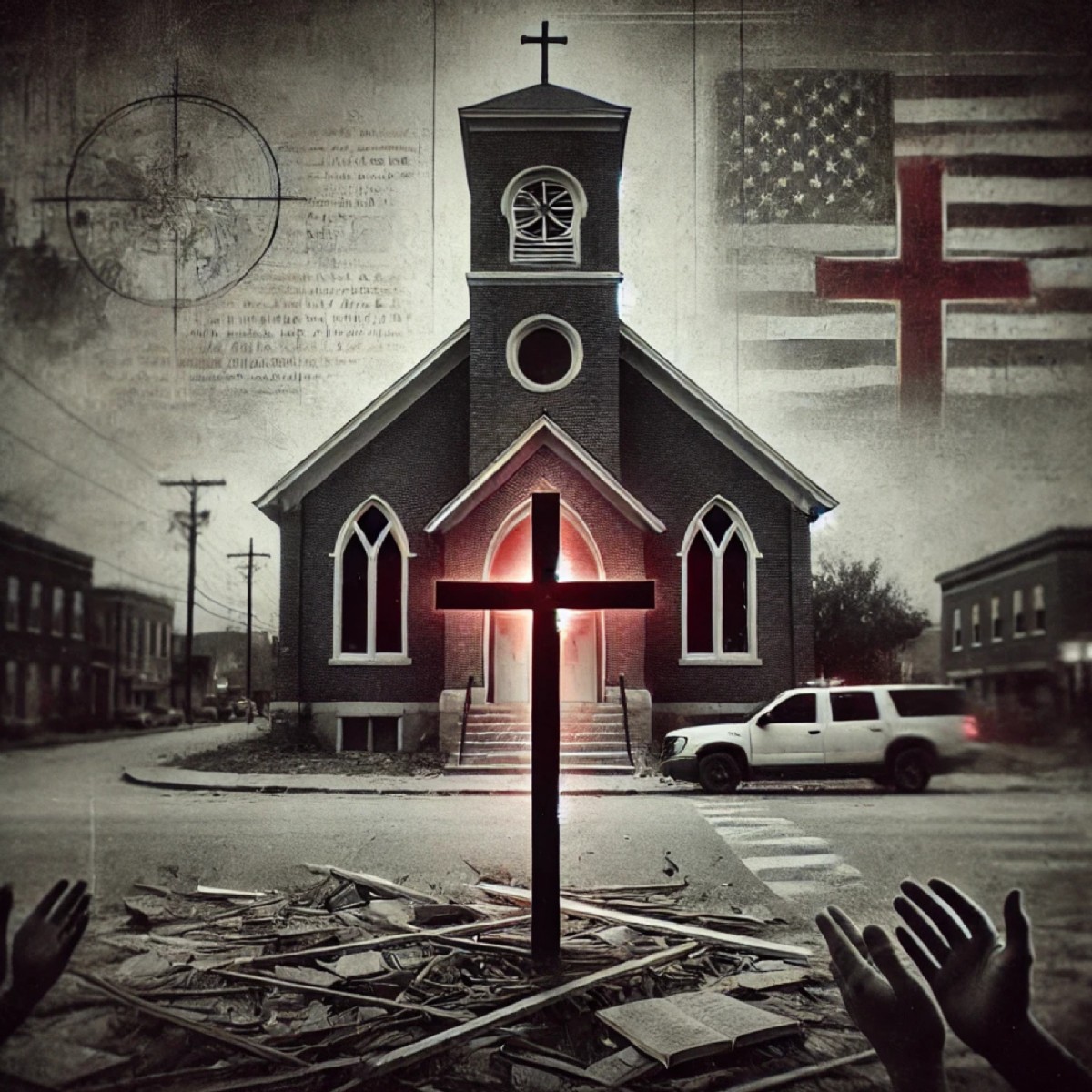
Anti-Christianism is a certain perception of Christians, which may be expressed as hatred toward Christians. Rhetorical and physical manifestations of anti-Christianism are directed toward Christian or non-Christian individuals and/or their property, toward Christian community institutions, and religious facilities.
These hateful actions include:
Accusing Christians as a group of being responsible for real or imagined wrongdoing committed by a single Christian person or group, or even for acts committed by non-Christians;
Denying the persecution of Christians or trivializing the scale, mechanisms, or intentionality of the historical and ongoing suffering faced by Christian communities worldwide;
Accusing Christian citizens of being more loyal to their faith or to the global Christian community than to the interests of their own nations;
Denying Christians their right to practice their faith openly or marginalizing their religious practices and symbols in public life;
Drawing comparisons of contemporary Christian practices or policies to historical atrocities committed in the name of Christianity;
Holding Christians collectively responsible for actions carried out in the name of Christianity or by Christian-majority nations;
However, individuals reporting incidents of anti-Christianism or those tasked with addressing it may find it challenging to identify some of the more subtle themes and manifestations.
This guide aims to assist in accurately identifying anti-Christian abuse. Alongside commonly encountered words and phrases, it provides examples of anti-Christian imagery and addresses recurring themes such as conspiracy theories, desecration of Christian symbols, and the distortion of Christian teachings.
Common Themes and Manifestations of Anti-Christianism:
Conspiracy Theories: Allegations that Christians, as a collective, conspire to dominate political systems, economies, or cultural institutions. These theories often mirror those found in other forms of religious hatred, such as antisemitism. Desecration of Christian Symbols: Acts like vandalizing churches, defacing crosses, or mocking Christian rituals. Such actions aim to intimidate and demean Christian communities.
Distortion of Christian Teachings: Misrepresenting Christian doctrines to portray them as inherently oppressive or malevolent, thereby fostering prejudice against adherents.
Stereotyping and Demonization: Depicting Christians as intolerant, backward, or responsible for historical injustices, leading to societal discrimination.
Holocaust Denial and Trivialization: While primarily associated with antisemitism, some anti-Christian narratives may deny or trivialize persecutions faced by Christians, undermining their historical experiences.
Recognizing Anti-Christian Language and Imagery:
Pejorative Terms: Usage of derogatory labels to demean Christians or their beliefs. Negative Stereotypes: Portraying Christians as zealots or extremists without basis. Hostile Imagery: Utilizing symbols or visuals that associate Christianity with violence or oppression. Misuse of Religious Symbols: Inappropriate or offensive depiction of Christian symbols in media or art to mock or belittle the faith.
Addressing Anti-Christianism: Education: Promote awareness about the history and contributions of Christianity to foster understanding and respect. Reporting Mechanisms: Establish clear channels for reporting incidents of anti-Christian abuse to authorities.Interfaith Dialogue: Encourage conversations between different religious communities to build mutual respect and counter prejudices. Legal Frameworks: Implement and enforce laws that protect against religious discrimination and hate crimes.
By understanding and identifying the language, themes, and imagery associated with anti-Christianism, individuals and authorities can take informed steps to combat this form of hatred and promote a more inclusive society.
Examples of Anti-Christian Hate Crimes:
Church Vandalism: Incidents of desecration of churches have increased such as spray-painting offensive symbols, burning crosses, or destruction of religious artifacts. Violence Against Clergy: Assaults and threats targeting pastors, priests, and other Christian leaders. Public Harassment: Christians harassed or physically attacked in public for wearing religious symbols or expressing their faith.
Without consistent law enforcement and judicial action, anti-Christian hate crimes will continue to grow, fostering fear within Christian communities. While progress has been made, significant work remains to address anti-Christian hate crimes effectively. A united effort from legal systems, communities, and advocacy groups is essential to combat this form of religious discrimination, ensuring safety and dignity for all Christians in the United States.